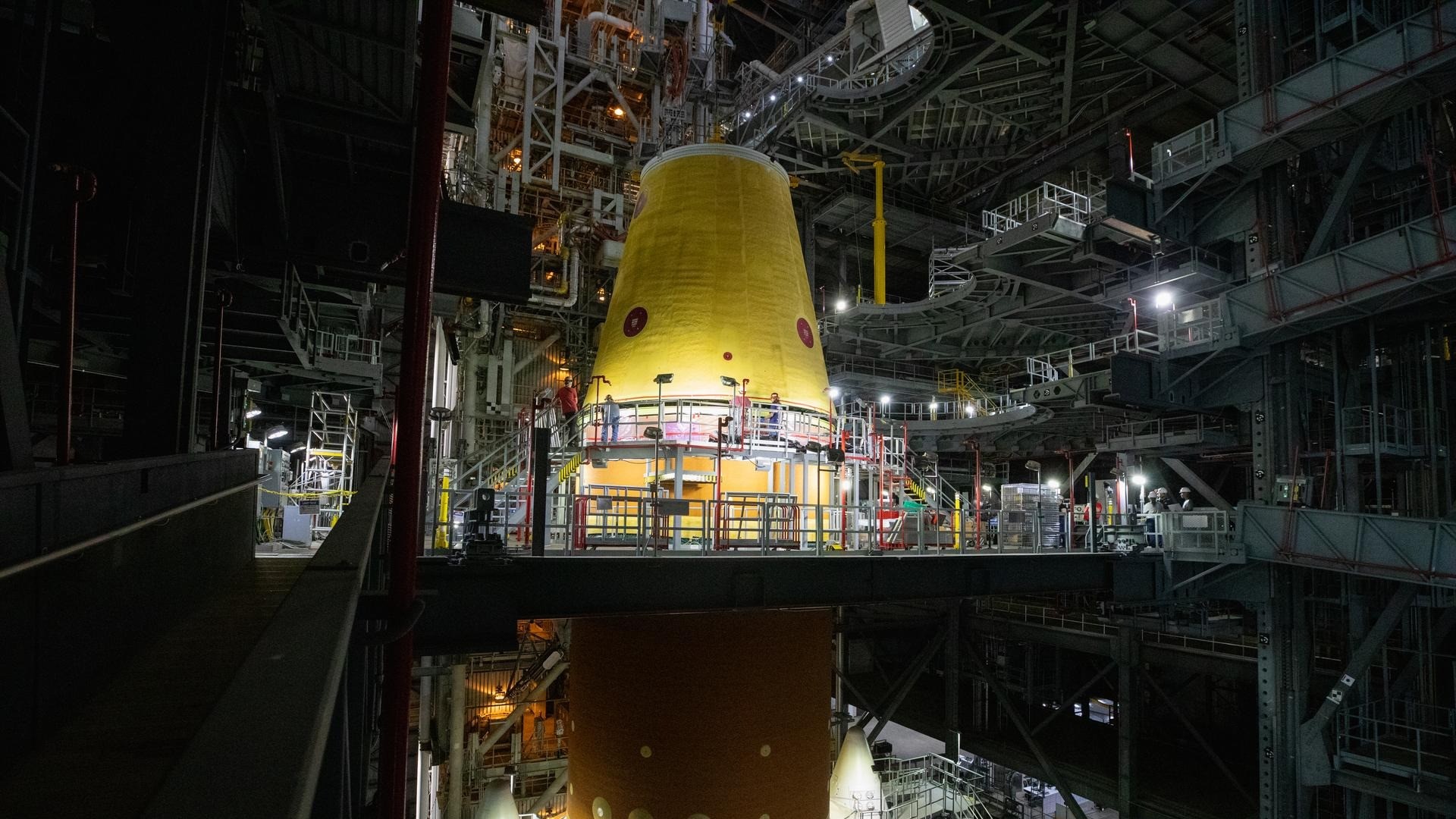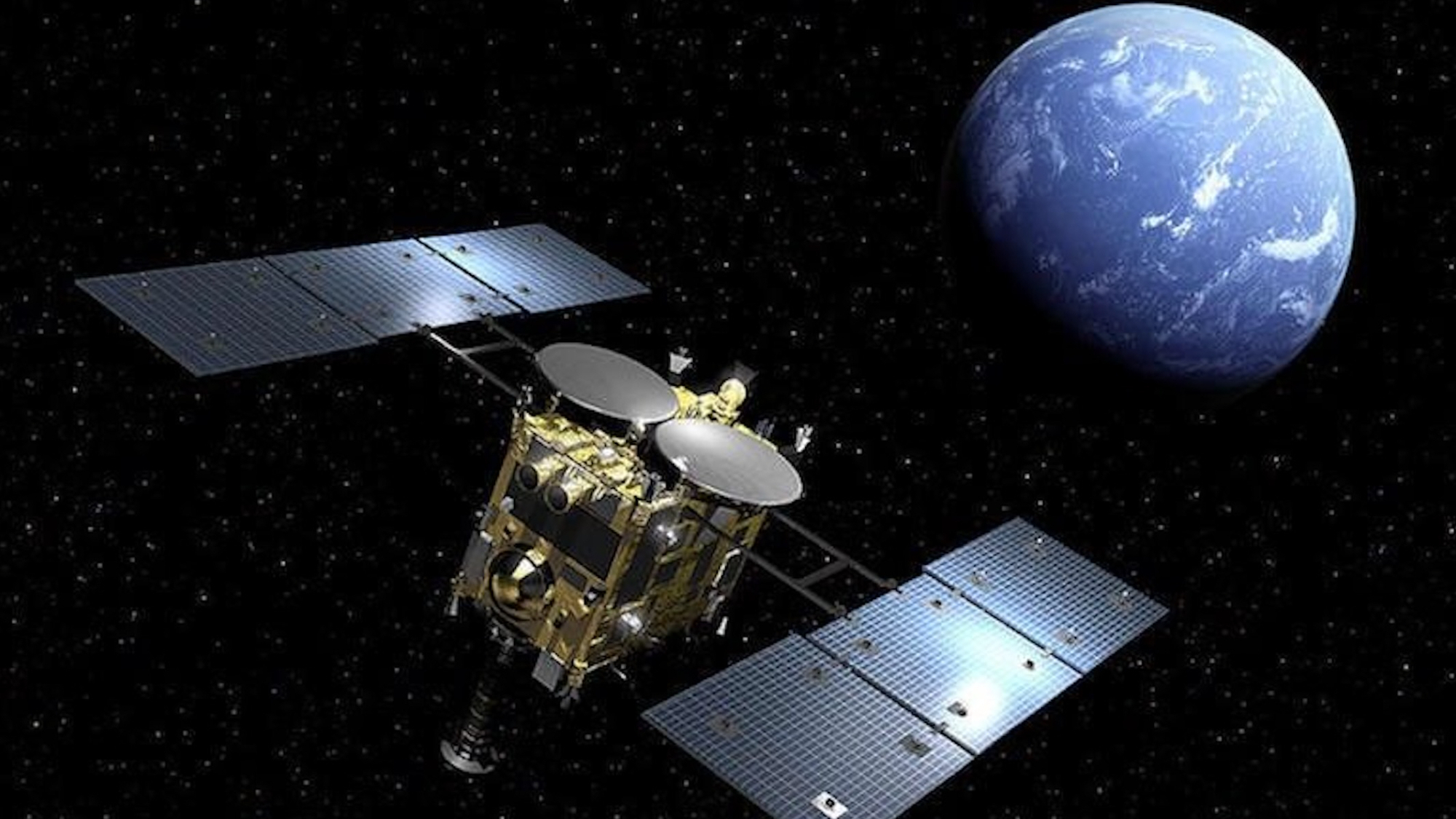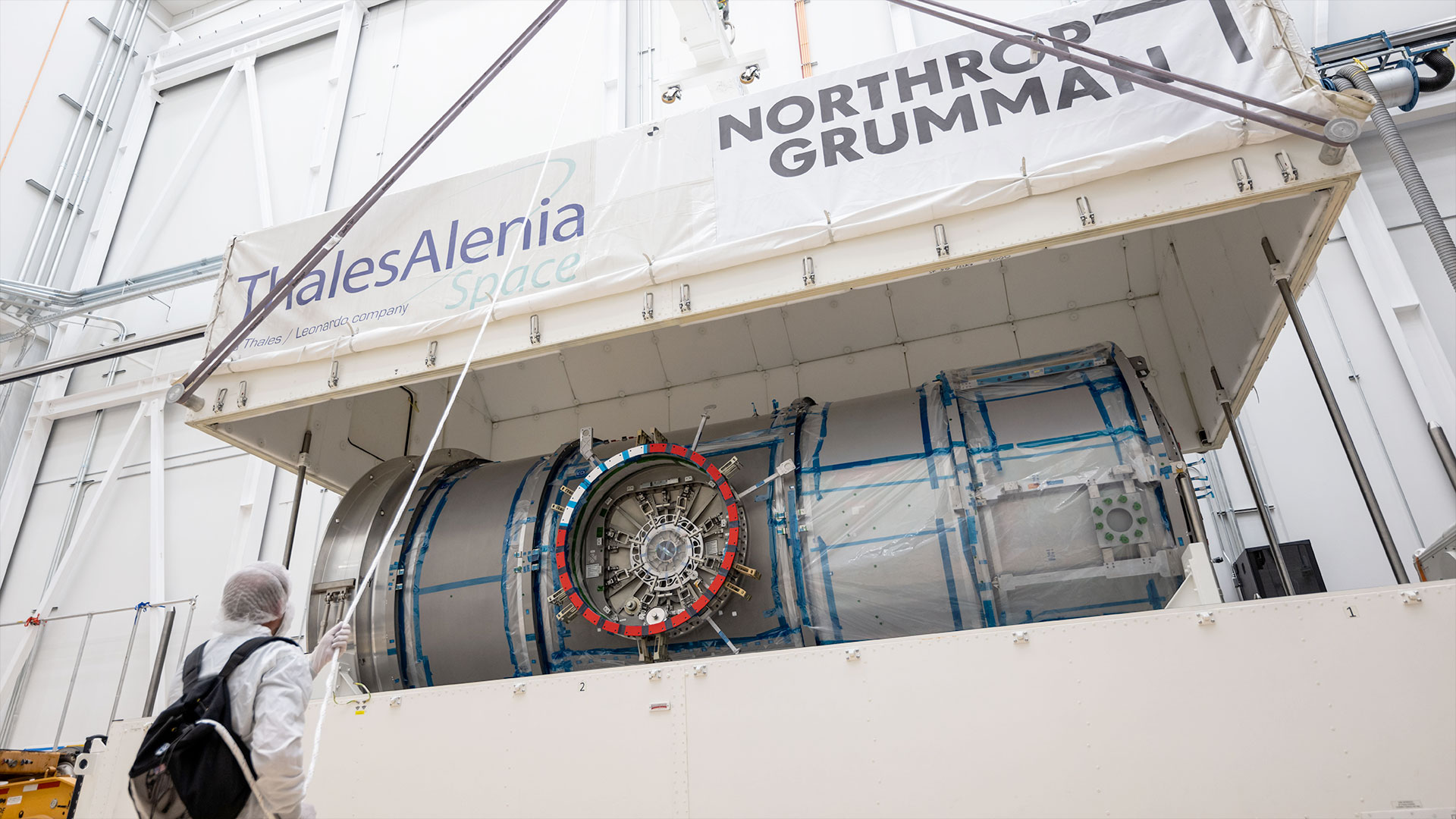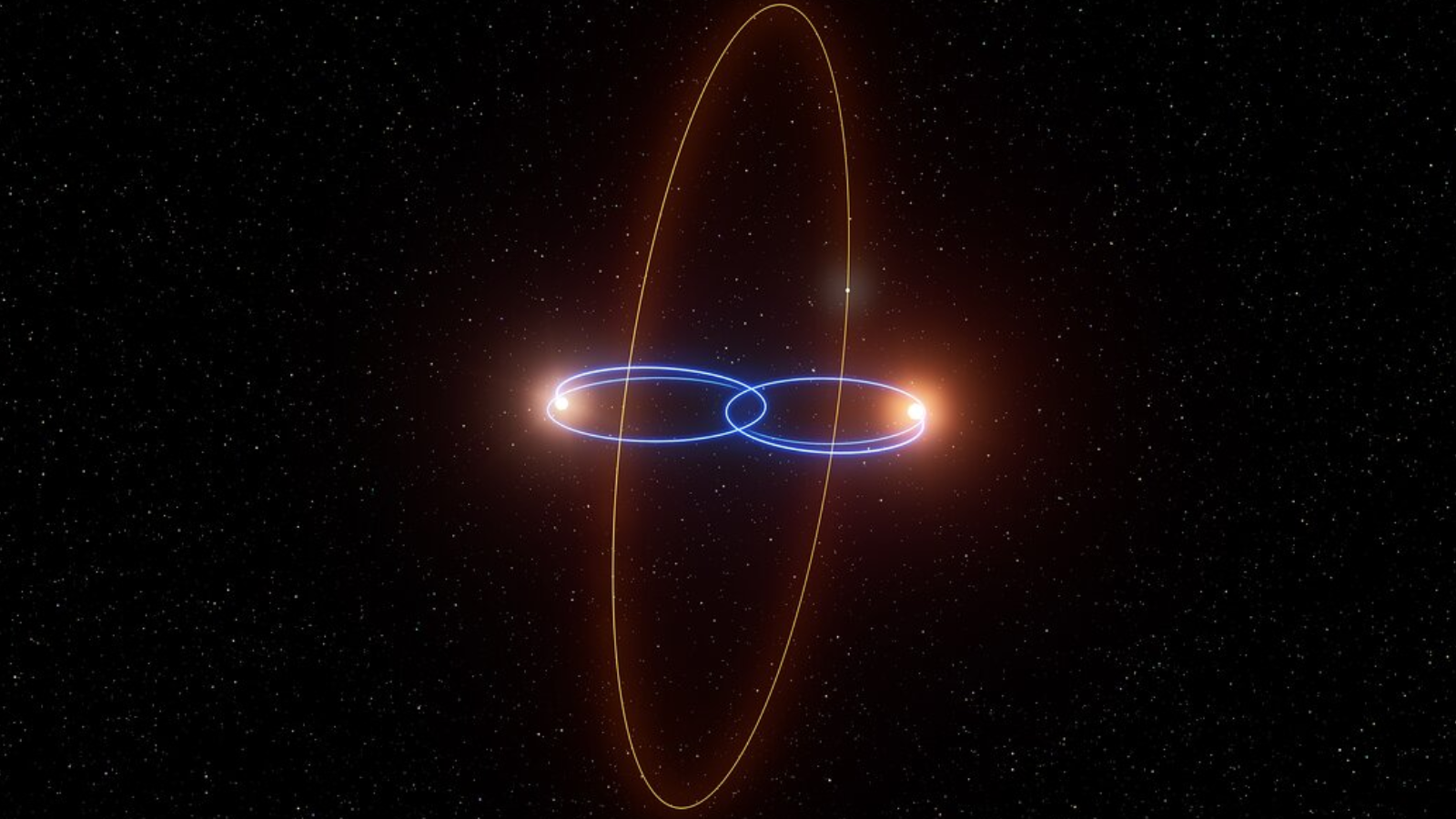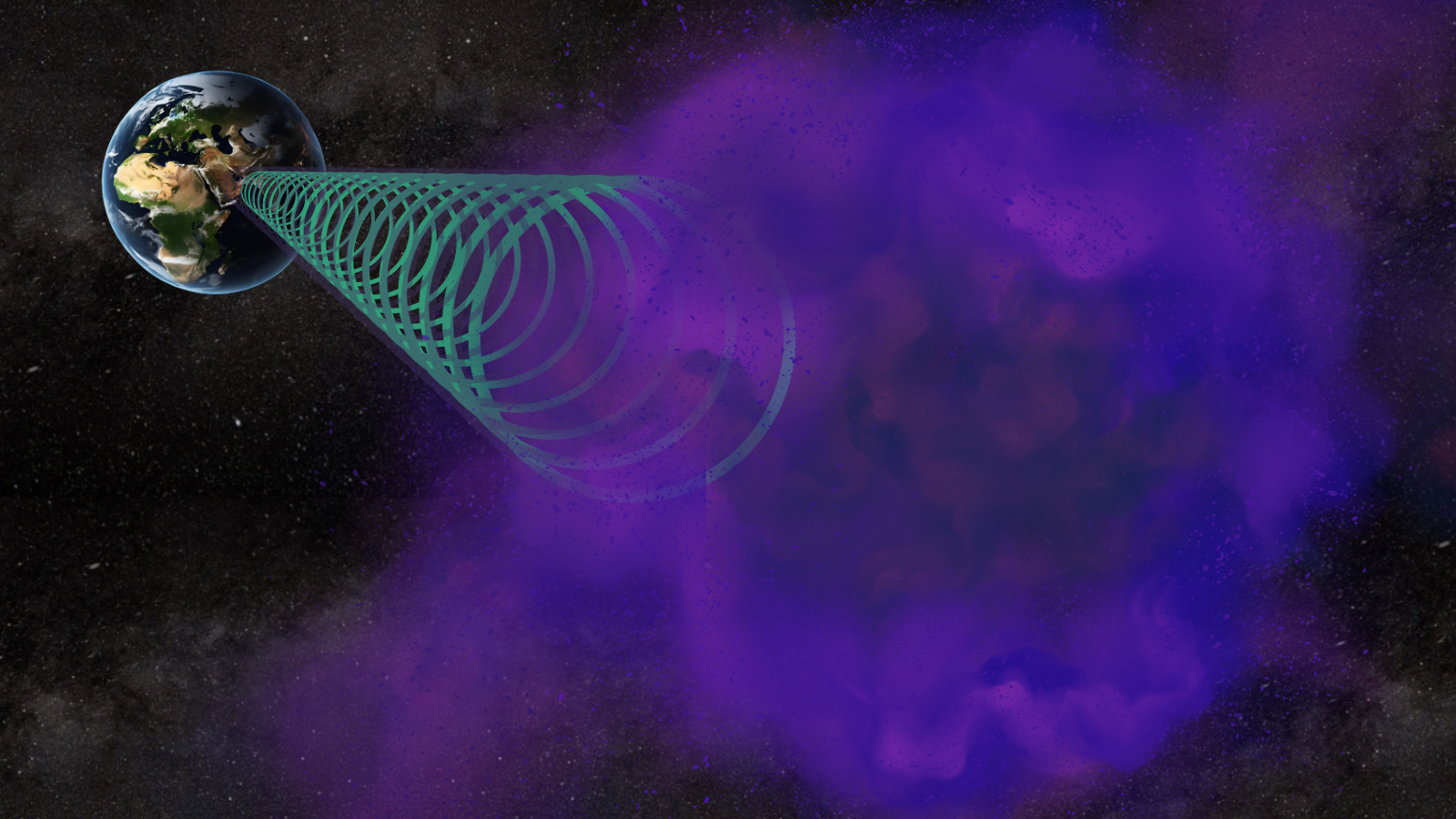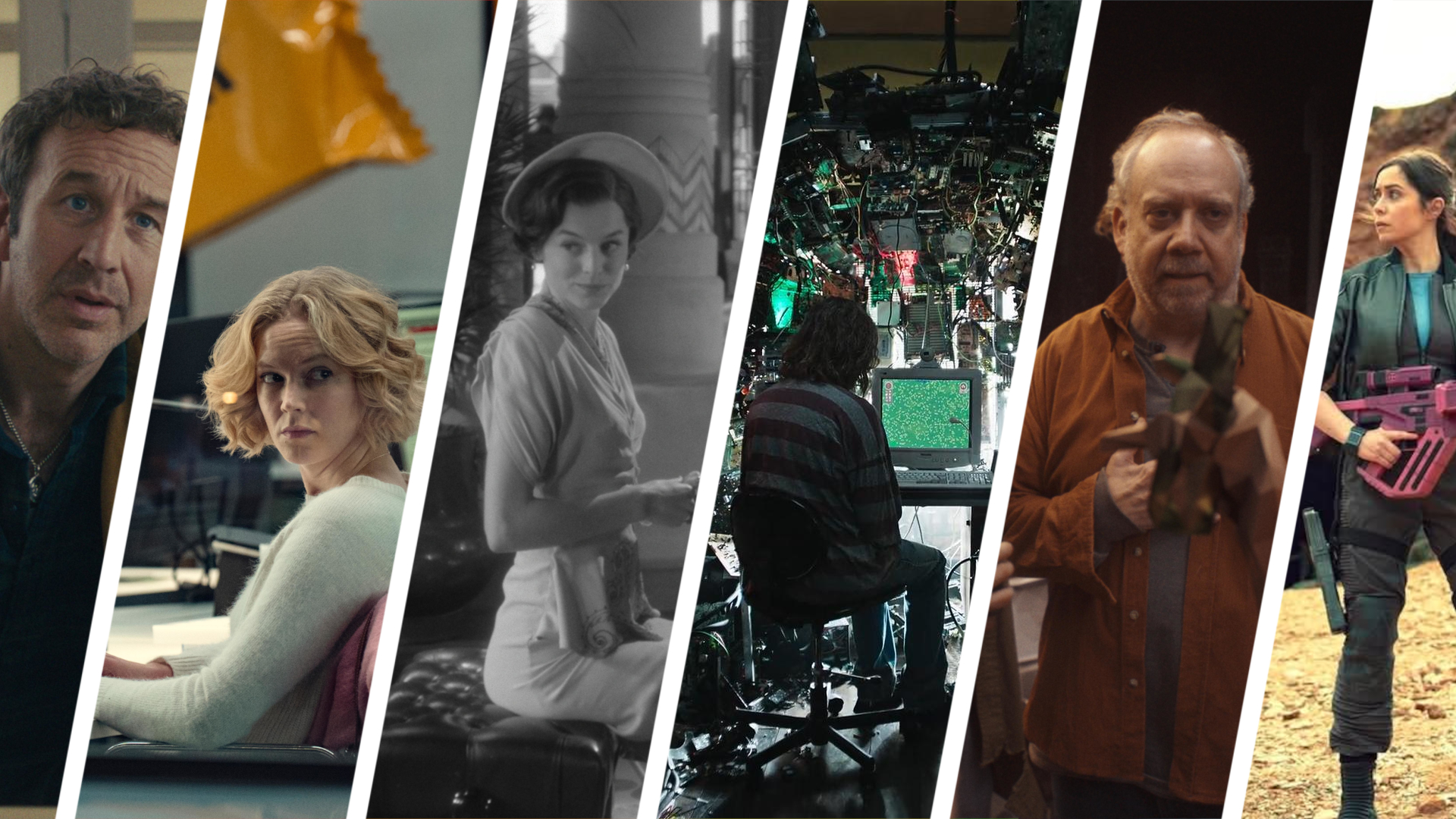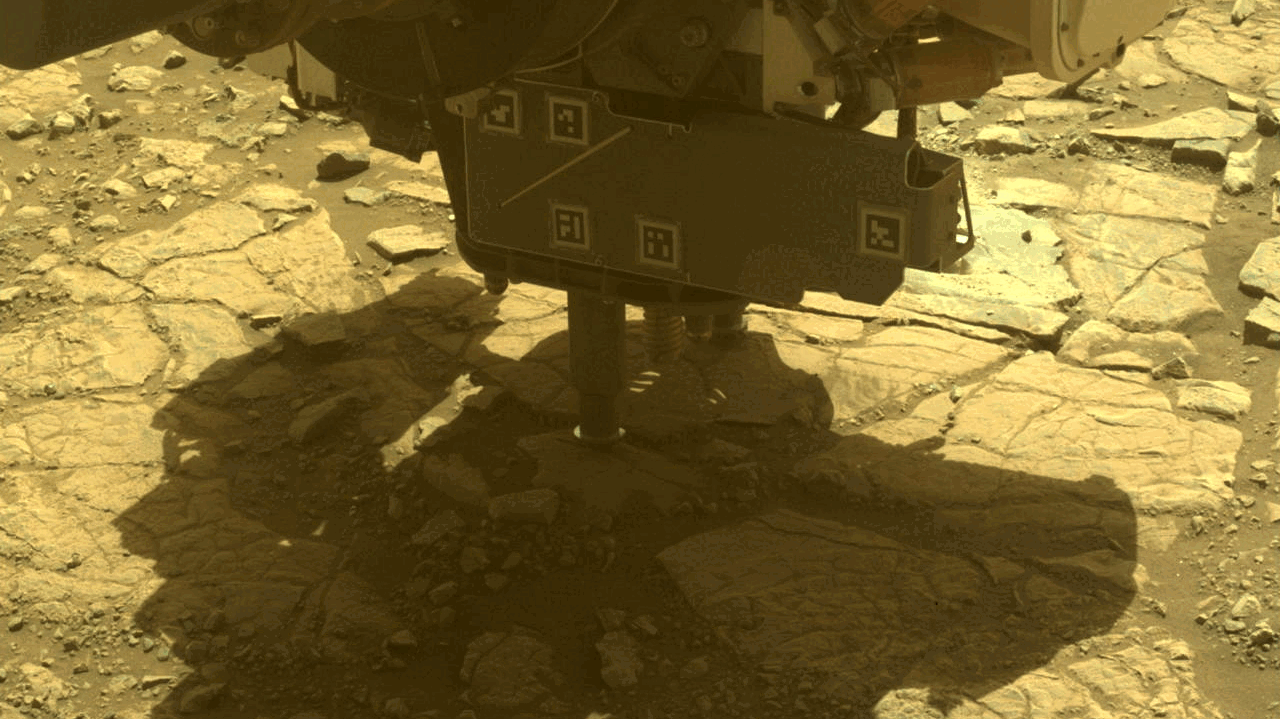
Which First Man? Film Doesn't Depict Real Neil Armstrong (Op-Ed)
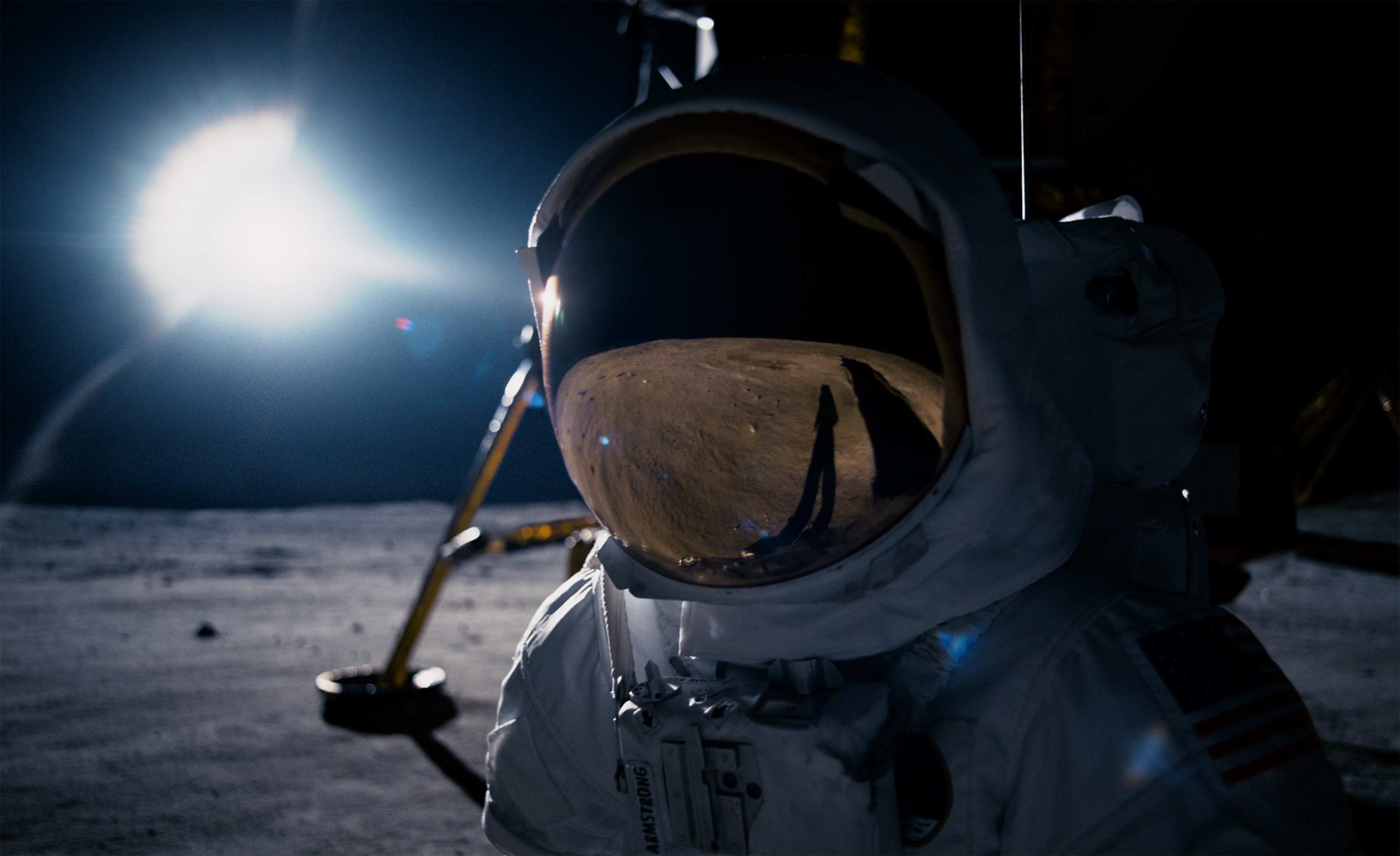
John M. Logsdon is most recently the editor of "The Penguin Book of Outer Space Exploration: NASA and the Incredible Story of Human Spaceflight." He is Professor Emeritus and founder of George Washington University’s Space Policy Institute and author of "John F. Kennedy and the Race to the Moon." Logsdon contributed this article to Space.com's Expert Voices: Op-Ed & Insights.
My connection to the Apollo 11 mission goes way back. I began studying space policy as a graduate student in the 1960s. My doctoral
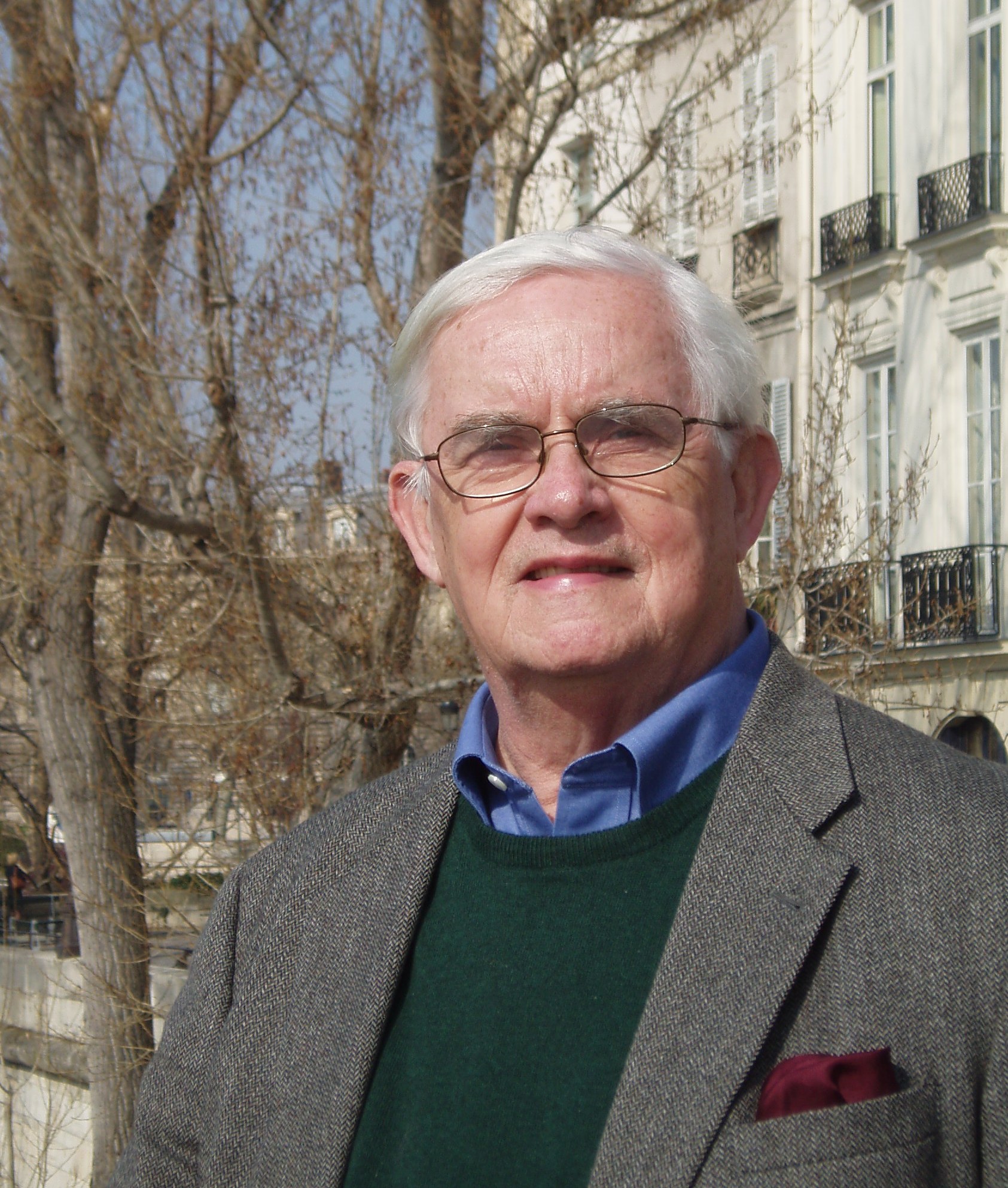
dissertation turned into a book titled "The Decision to Go to the Moon;" it was almost completed by the time of the initial launch to the lunar surface. I was at Kennedy Space Center on the morning of July 16, 1969, standing outside the Operations and Checkout Building as Armstrong, Aldrin, and Collins walked by me on their way to the launch pad, a scene shown in the new Universal Pictures film "First Man."
A few hours later, standing in the field near the iconic countdown clock, I cheered as their Saturn V booster lifted off, carrying the three on their historic journey. I have spent the past half-century writing, teaching, and speaking about human spaceflight, with a particular focus on Project Apollo. I had the good fortune of occasionally spending time with Neil Armstrong in the later years of his life, particularly as we both served on the NASA Advisory Council — over the course of one particularly memorably dinner, he recounted the Apollo landing in fascinating detail to me and NASA astrophysicist and Nobel prize winner John Mather. Buzz Aldrin and Mike Collins are also good colleagues of mine, as have been many of the other people crucial to the success of Project Apollo. [NASA's Historic Apollo 11 Moon Landing in Pictures]
So I should have been a prime candidate for enjoying a film culminating in the remarkable achievement of Apollo 11. Instead, I walked away disappointed, even a bit sad. I found it a distortion of the personalities involved and a less-than-convincing account of the U.S. space program of the 1960s, with an overemphasis on special effects substituted for the explanatory narrative needed to truly understand these men and their accomplishments. Above all, I found it a disservice to the memory of its central character, Neil Armstrong.
It was certainly the prerogative of director Damien Chazelle, scriptwriter Josh Singer and all those involved to make the movie they envisioned, and they reportedly went to great lengths to make it as technically accurate as possible. But what they created was an overly somber mood piece, not a celebration of the remarkable achievement that was Apollo. The moviemakers have repeatedly stressed that the film is an invented drama based on real events, not a true-to-the-facts documentary, but to me that drama is not a fair representation either of either Armstrong in reality or of his characterization in Jim Hansen’s book "The First Man," on which the movie is based. The film portrays Armstrong as a stoic, on-the-surface almost emotionless individual focused only on success in his role as a test pilot and astronaut. Beneath that surface, he is deeply affected by the 1962 death of his 2-year old daughter. Her passing haunts him in the years leading up to the lunar landing, and leads to a climactic scene on the moon that almost certainly never happened.
I did not know Armstrong during his years as an Apollo astronaut, so I can’t speak to the man he was at that time. It would be interesting to poll Armstrong’s colleagues, the still-living Apollo astronauts, with respect to their reaction to the film and to how Armstrong is portrayed. At least to some of his fellow astronauts, he was far from the single-purpose automaton suggested by the movie. [Photos: Neil Armstrong - American Icon Remembered]
Get the Space.com Newsletter
Breaking space news, the latest updates on rocket launches, skywatching events and more!
For example, the commander of the Apollo 8 mission, Frank Borman, was sent by NASA to the White House at President Nixon’s request to help prepare for the Apollo 11 celebrations. In that role, Borman, on July 14, 1969, two days before Apollo 11 was launched, sent a memo to Nixon providing "background information" on the crew. Here is how he described Neil Armstrong: "Quiet, perceptive, thoroughly decent man . . . A little reserved, but when [you] get to know him, he has a very warm personality." The key phrase there, to me, is "get to know him." This is the Armstrong I came to know. It’s a shame viewers of the film won’t get that chance. I worry that in the years to come many will remember the film’s unflattering characterization of Neil Armstrong rather than the warm, engaging person he in reality was.
The "heavy" in the film is Buzz Aldrin, portrayed as cynical and negative, disregarding of all social etiquette to the extreme. Buzz certainly was then and is now a tightly wound person. Borman’s memo described him as "almost humorless, a serious personality." But it is very unlikely that the real Aldrin would have made the kind of demeaning comments put in the mouth of his film counterpart. In lieu of a complex human, we get a caricature presented in sound bites.
To me, "First Man" is a missed opportunity to bring the full resources of the film industry to bear on delivering an inside view of one of humanity’s most remarkable achievements. I am convinced that capturing the reality of Apollo 11 and of Neil Armstrong and the thousands of others responsible for its success would have made a more satisfying movie than what this film gives us.
In a May 1961 memo recommending that the president officially make landing an American on the moon a national goal, NASA Administrator James Webb and Secretary of Defense Robert McNamara observed that it is "man, not merely machines, in space that captures the imagination of the world." Nearly 60 years later, "First Man" could have demonstrated their point. But when the real men disappear in favor of characters better befitting a drama built for Hollywood’s awards season, we are put at risk of losing our cultural memory of a magnificent human achievement.
Follow us @Spacedotcom or Facebook. Originally published on Space.com.
Join our Space Forums to keep talking space on the latest missions, night sky and more! And if you have a news tip, correction or comment, let us know at: community@space.com.



